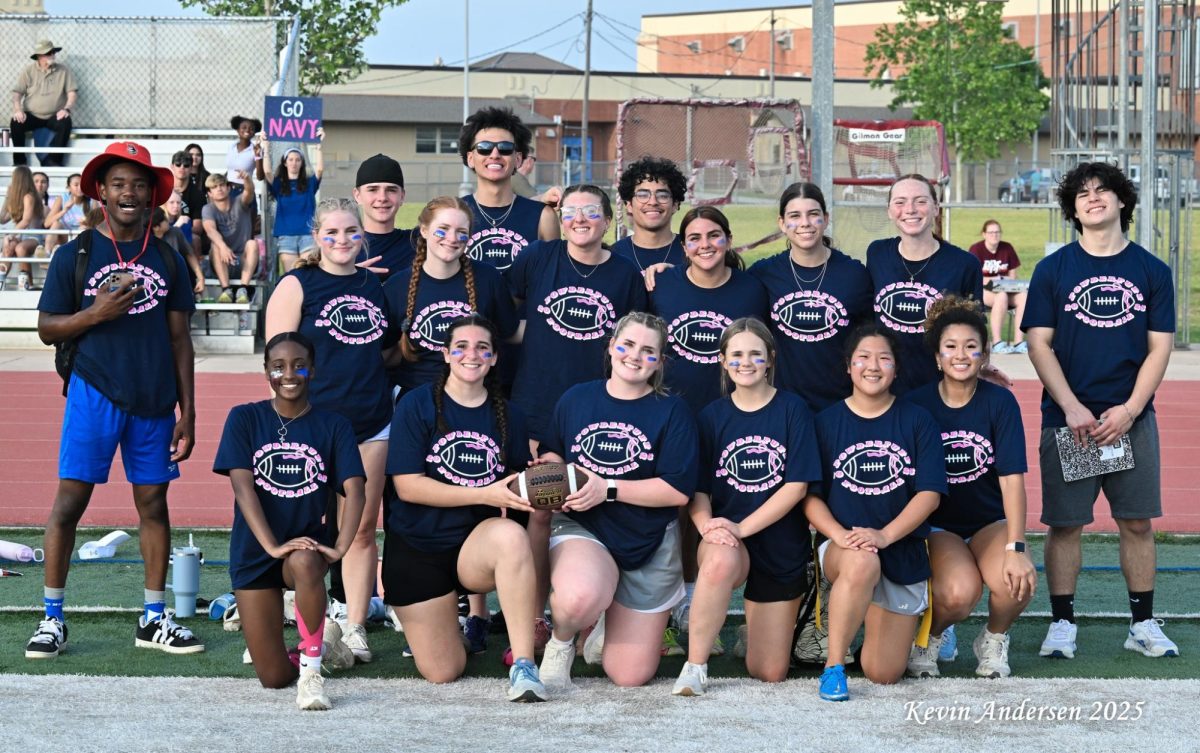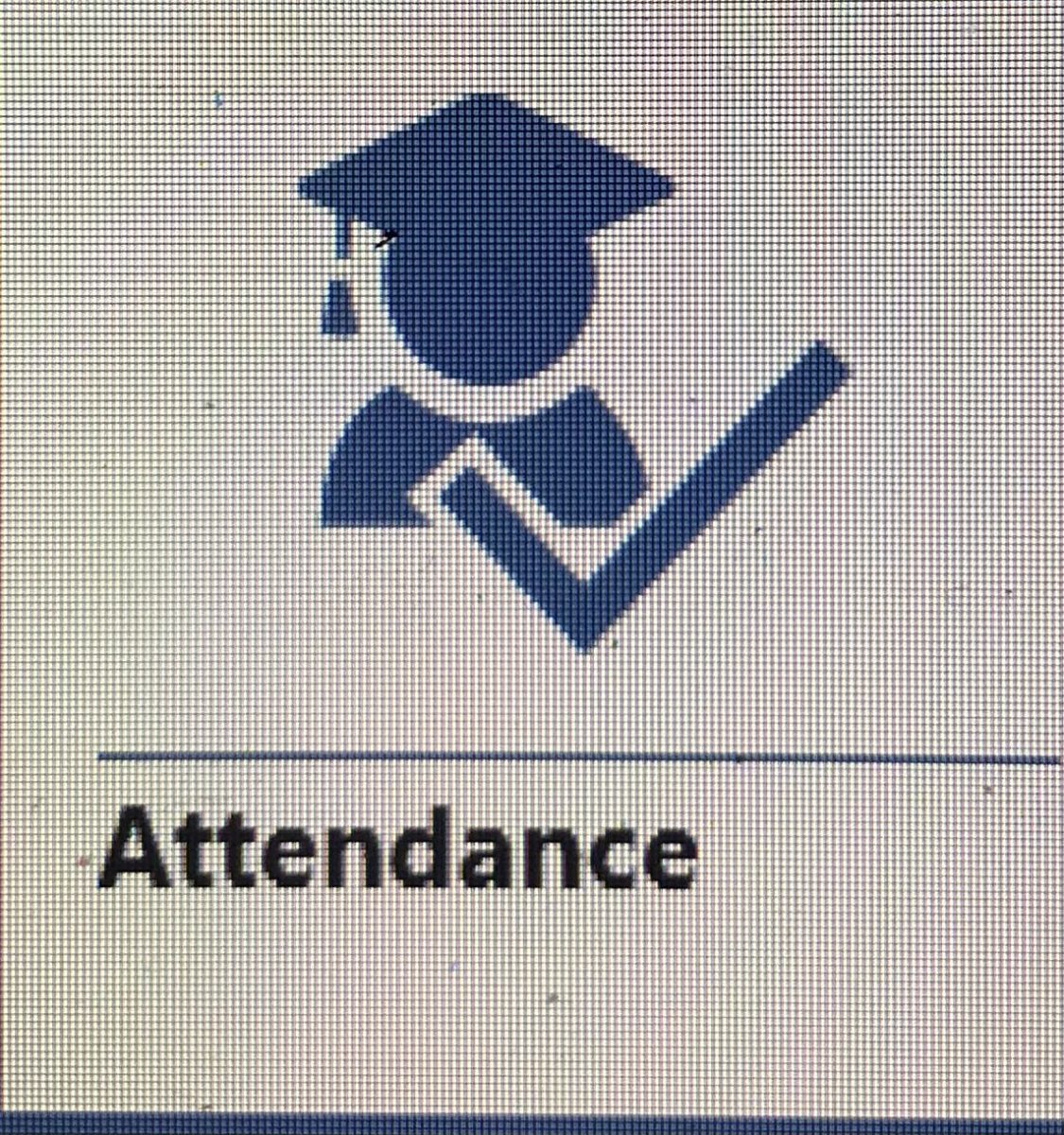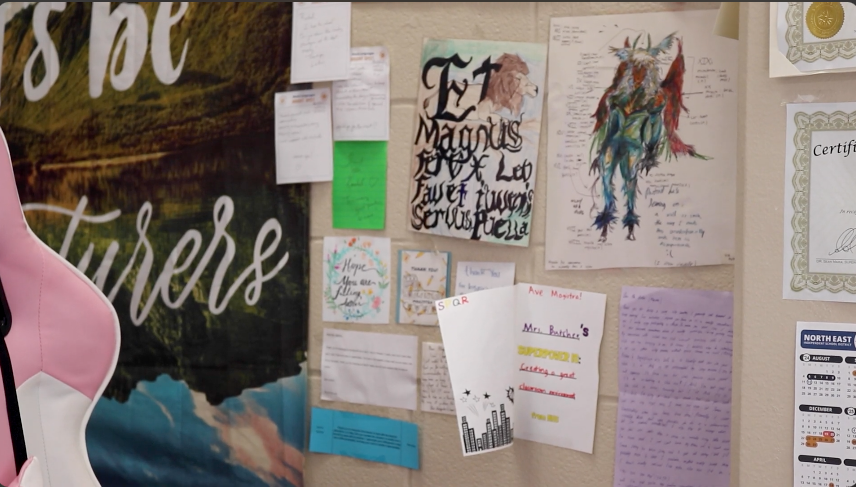by Emily Jimenez | Staff Writer
Senior, Alyssa Cantrell, has developed a new skill thanks to the disease affecting many seniors, Senioritis.
She is now a procrastination pro.
“[Senioritis] has made me lose all work ethic and has caused me to become a master at procrastination,” Cantrell said.

Senioritis is thought by most to be an imaginary disease used to as an explanation to a seniors lack of work and drive. This is not a recited definition among students, every student has his or her own definition of the disease depending on their individual case and symptoms.
“My definition of senioritis is being so fed up with school that one becomes a lazy, careless, sorry excuse of a student,” Cantrell said.
A senior may be experiencing Senioritis if they feel “done” with the world, especially with school, or if they’ve been turning in work later or sloppier than usual. Symptoms are sometimes subtle and students may not realize their impending affliction until it is too late. Like many illnesses, has its causes; it isn’t caused by raw food or a bacteria found in a river, the causes are much more subtle. By the last semester of their senior year, school has been going on for most of their life, the late nights, the stress and other personal matters have caught up with them. Seniors are not as young as they used to be.
“It occurs because of lack of sleep and outside matters that become more important,” said Cantrell, “School becomes monotonous.”
Seniors aren’t the only ones that can see the effects, their teachers can too, especially after the first semester. Megan Stokes, a senior English teacher sees many students being sucked into senioritis.
“I’ve seen seniors almost not graduate and some not graduate because of senioritis and them just giving up, or by their procrastination,” Stokes said.
Teachers have their own ideas of why senioritis hits students, and their response to seeing their students have Senioritis is very realistic and, believe it or not, sometimes they even understand.
“I think that seniors, when they see life beyond the classroom they sometimes give up,” Stokes said, “I get frustrated at times because I see the students potential and then they’ve just given up, but it’s understandable, it’s not something to be condemned for. I do believe that it is within the seniors power to change it.”
Senioritis is a crippling disease, as many seniors can atest. This disease crushes the seniors spirit and the drive they had to end their last year strong. It makes good students turn in late papers, something they may have never done before, and bad students become even less satisfactory.
An important piece of advice that Stokes offers students is, “Graduation comes faster than you know. So instead of trying to make the time go by faster and giving up, just sit back and enjoy the time you have surrounded by your friends and the last few moments that you have in high school.”








